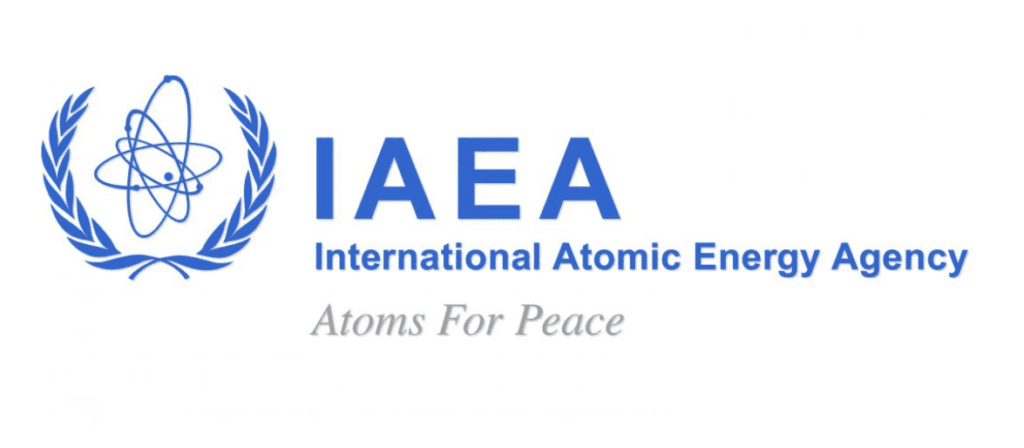ISLAMABAD: The International Atomic Energy Agency (IAEA) has confirmed that all of Pakistan’s nuclear facilities remain safe and secure, dismissing recent Indian claims of radiation leaks amid escalating cross-border tensions.
In an official statement, the Vienna-based UN nuclear watchdog stated that Pakistan’s nuclear installations were unharmed during recent Indian missile strikes, with no radiation release or structural damage detected. This announcement counters what Pakistani officials have labeled as “false propaganda” from India intended to damage Pakistan’s nuclear reputation.
The controversy erupted after India’s Defence Minister Rajnath Singh urged the IAEA to supervise Pakistan’s nuclear arsenal, accusing the country of being a “rogue nation.” His comments followed the end of the most severe military confrontation between the two nuclear-armed neighbors in nearly 30 years.
Pakistan’s Foreign Office quickly condemned the remarks as “irresponsible, provocative, and politically motivated,” attributing them to India’s frustration over Pakistan’s “effective conventional response” during the conflict.
According to Pakistani officials, during the retaliatory operation named ‘Bunyan Al Marsous,’ key Indian military targets, including BrahMos missile sites and the S-400 missile defense system, were successfully hit. Pakistan also claimed that its air force shot down six Indian aircraft, including three Rafale jets, during India’s ‘Sindoor’ operation.
Amid growing criticism in India over the conflict’s fallout, some Indian officials circulated unverified claims that Pakistan’s nuclear sites had been compromised—claims now refuted by the IAEA.
Pakistan’s foreign ministry welcomed the IAEA’s statement, saying it disproved India’s baseless accusations and reaffirmed Pakistan’s dedication to nuclear safety and security.
The tension escalated last week when India launched airstrikes targeting alleged terrorist camps inside Pakistan, which Islamabad denied. Both countries exchanged missile and drone strikes before agreeing to a ceasefire last Saturday.
Experts had warned that the military escalation risked nuclear miscalculation. Although Pakistan briefly indicated a high-level review of its nuclear deterrence policy, officials later clarified no such meeting was planned.
The IAEA, responsible for monitoring peaceful use of nuclear technology, oversees several Indian civilian nuclear plants under a 2008 agreement. It emphasized that Pakistan’s nuclear assets remain under strict safety protocols and sovereign control.
This latest crisis highlights the persistent volatility of South Asia’s nuclear landscape, where longstanding hostility and recurring clashes continue to raise international concern.
